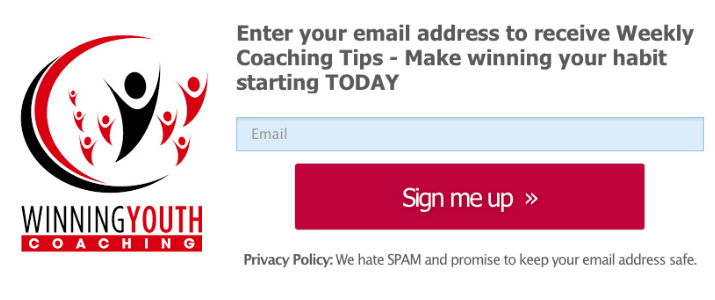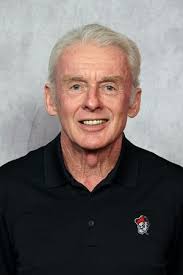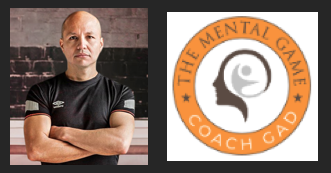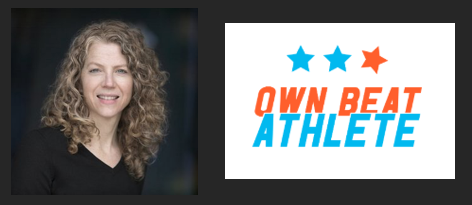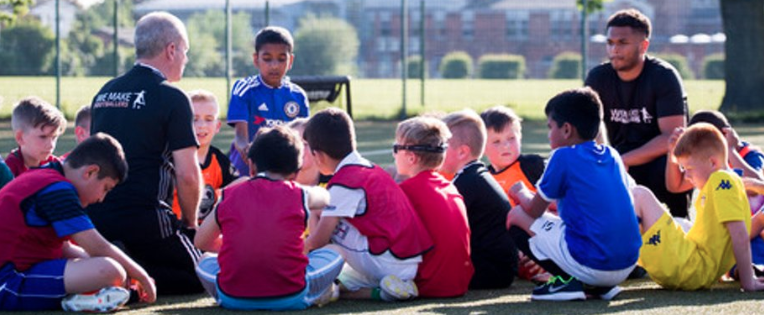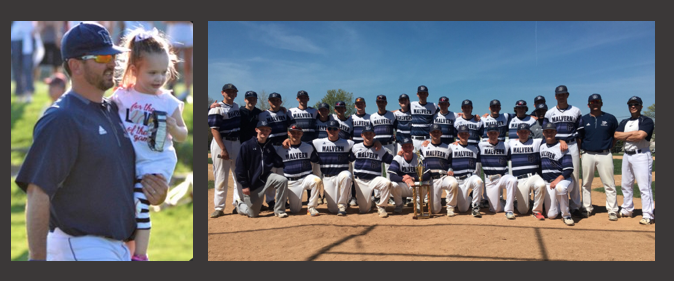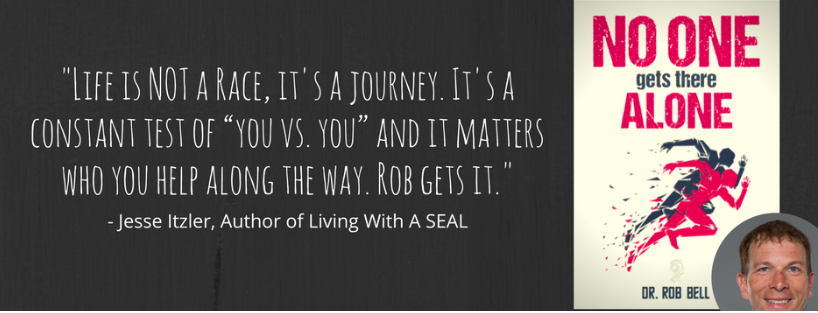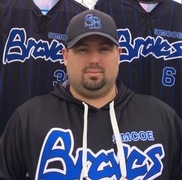August 15, 2019
WYC 170 – NBA exec – Pat Williams – Character Carved in Stone
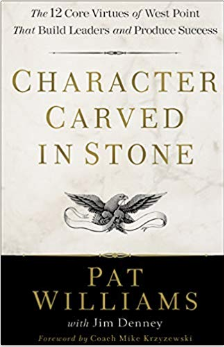
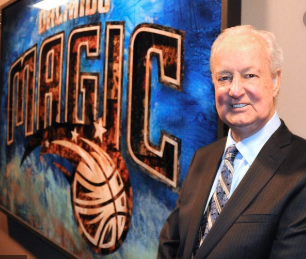
Pat Williams, senior vice president of the Orlando Magic, shares personal stories from his time as a parent with youth sports as well as what he teaches regarding developing leaders through sports.
Pat’s new book, CHARACTER CARVED IN STONE is about his discovery of the leadership virtues taught at the United States Military Academy at West Point. Duke University’s Coach K (a West Point grad) wrote the foreword.
Listen Now:
Listen on iTunes: iTunes link
Listen on Stitcher: Stitcher link
Listen on Google Play Music: Google Play link–
–
—
Reviews are the lifeblood of the podcast!- If you like the podcast- please take 2 minutes to write a review! Click here
–
Ready to be an Awesome Youth Coach? Sign up for our free weekly newsletter:
SaveSave

